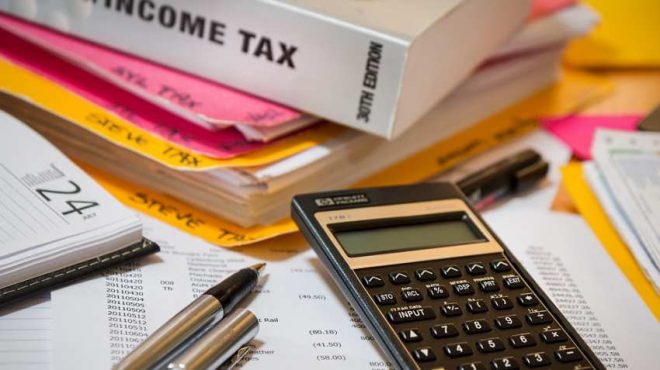Budget 2023: Under Section 234D, if a taxpayer miscalculates and pays excess income tax and the return gets delayed, a levy of interest on excess refund is granted to the taxpayer.
Budget 2023: Every taxpayer has to should report the sources of income, transactions and investments while filing income tax return. If a taxpayer misses the deadline, then the Income Tax department collects penalty in the form of interest. But do you know that the department also pays interest if the return is delated in case a taxpayer pays excess tax?
Under Section 234D, if a taxpayer miscalculates and pays excess income tax and the return gets delayed, a levy of interest on excess refund is granted to the taxpayer. Interest under section 234D is levied on the whole or the excess amount of refund.
Also Read : DGCA Amends Flight Ticket Refund Rules, Airlines to Pay 75 Percent of Cost on Downgrades
How is the interest on excess amount calculated?
Before understanding the provisions of section 234D, it is important to understand the provisions of Rule 119A which gives the manner of computation of interest under the Income-tax Act. As per Rule 119A, while calculating the interest payable by the taxpayer or the interest payable by the Central government to the taxpayer under any provision of the Act:
a) where interest is to be calculated on an annual basis, the period for which such interest is to be calculated shall be rounded off to a whole month or months. For this purpose, any fraction of a month shall be ignored and the period so rounded off shall be deemed to be the period in respect of which the interest is to be calculated;
b) where the interest is to be calculated for every month or part of a month comprised in a period, any fraction of a month shall be deemed to be a full month and the interest shall be so calculated;
c) the amount of tax, penalty or other sum in respect of which such interest is to be calculated shall be rounded off to the nearest multiple of one hundred rupees. For this purpose any fraction of one hundred rupees shall be ignored and the amount so rounded off shall be deemed to be the amount in respect of which the interest is to be calculated.
Also Read : Mutual Fund SIP: How much time and money it will take to get Rs 5 crore
Anil Singhvi’s take
Zee Business Managing Editor Anil Singhvi believes that there should be a parity when it comes to paying interest amount. The government collects 1 per cent penalty every month (12 per cent yearly) from the taxpayer in case of any delay. However, the government pays 0.50 per cent interest per month (6 per cent yearly) in case the refund is delayed or excess tax is collected from the taxpayer.
He said that taxpayers who file late income tax returns have to pay interest from the date of the filing but the income tax department pays interest on excess returns from the date after all the assessment of the filing is done. He said that the government should take this into account and ensure uniformity.
Budget से पहले #ZeeBusiness की @nsitharaman से मांग
— Zee Business (@ZeeBusiness) January 25, 2023
हम देर से Tax भरें तो, 12% ब्याज की पेनाल्टी
लेकिन IT डिपार्टमेंट से देर हुई तो, मिलेगा सिर्फ 6%… क्यों?
और क्या चाहिए #BudgetOnZee में #AnilSinghvi पर बताएं @IncomeTaxIndia @FinMinIndia @nsitharamanoffc #Tax #Budget2023 pic.twitter.com/jidpDxaP0v



































